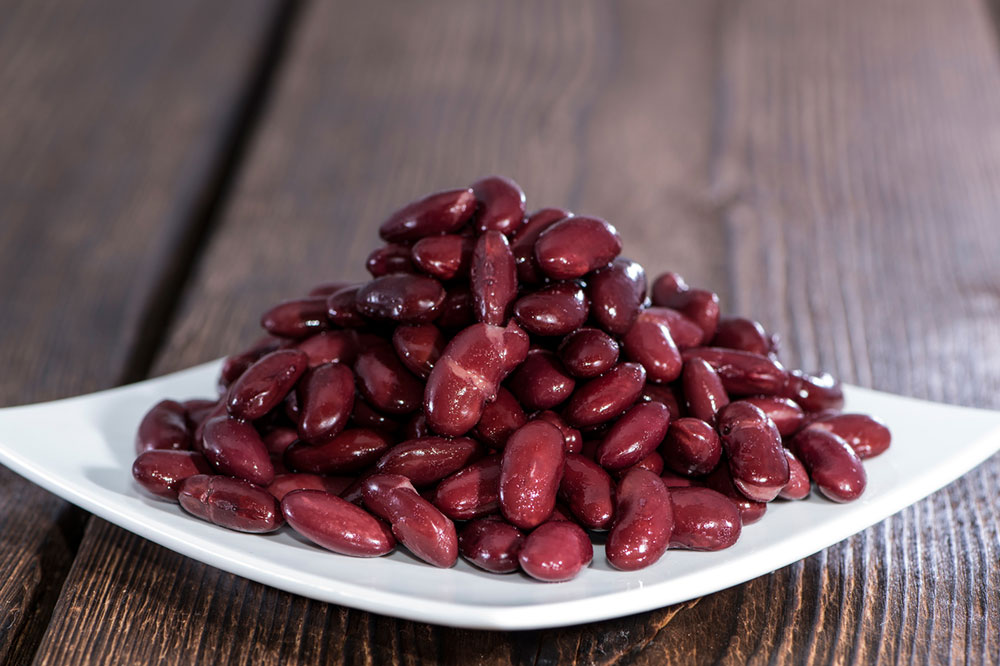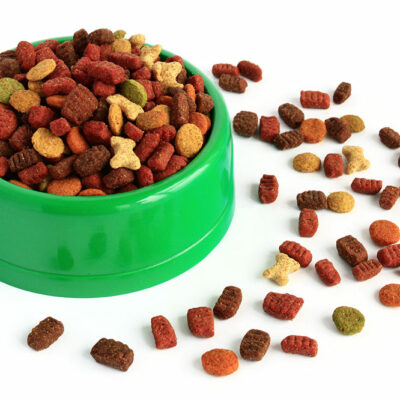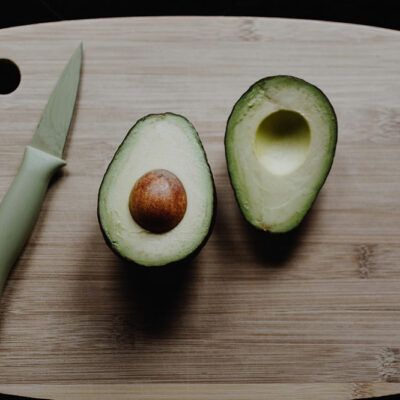
4 Foods to Avoid with Osteoporosis
Osteoporosis is a condition in which the body cannot maintain an adequate amount of bone strength. Since diet plays a major part in bone health, limiting certain foods can reduce the chances of aggravating brittleness and pain in the bones. So while one should eat calcium-rich foods to improve bone health, they must also try to limit the foods mentioned here to reduce osteoporosis symptoms.
1. Coffee
Most people in our country can’t begin the day without their cup of coffee. Some have at least three cups to get through their day. Consuming excess amounts of coffee can be harmful to one’s bones. The caffeine present in coffee flushes out calcium deposits, which can in no way benefit those with osteoporosis. This can lead to bone loss and brittle bones. However, if one finds it difficult to give up coffee, they can try switching to decaf. Also, avoiding other caffeinated drinks like teas and sodas may be an excellent option to maintain bone health.
2. Legumes
Legumes have phytates that can reduce the body’s ability to absorb calcium. We know that calcium is essential for bone health, so foods with phytates like grains, beans, and peas need to be avoided by those with osteoporosis. If one cannot do without legumes, here’s a workaround: simply leave them in water for a couple of hours. Soaking causes legumes to sprout and reduces the phytic acid content. Fermentation is also an easy process one can use to reduce phytate in legumes.
3. Sweet treats
We know how difficult it is to stay away from confectionery, especially if one has a sweet tooth. But sweet treats are bone-destroying foods that can aggravate osteoporosis symptoms. They are pro-inflammatory and can cause bones to swell up. Consuming any kind of artificially-sweetened foods like donuts, pretzels, and candies can deteriorate one’s bones gradually. Plus, increased sugar in the blood can lead to metabolic acidosis, a condition in which the body’s acid level is thrown off balance, causing poor calcium absorption.
4. Salty snacks
The bones in one’s body require an adequate supply of calcium to stay healthy and strong. When the body’s sodium content increases, the bones absorb minimal calcium. This means that even if one consumes foods like dairy that are high in calcium, the sodium prevents the calcium from being completely absorbed. Besides, sodium increases blood pressure, causing the bones to lose calcium rapidly. It is advisable to have only up to 2,300 mg of sodium in a day to retain the body’s calcium content.


